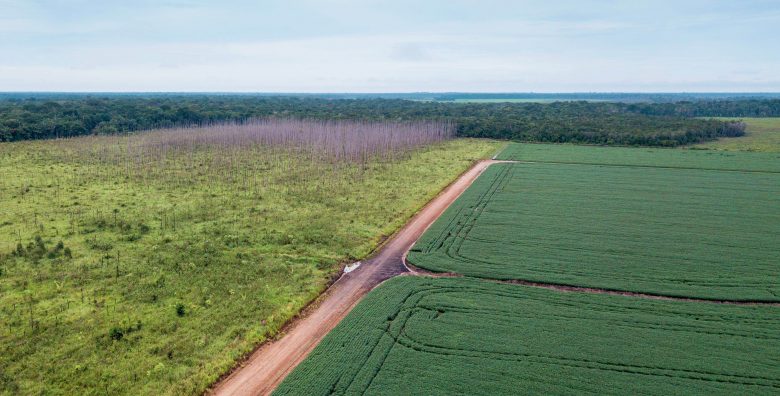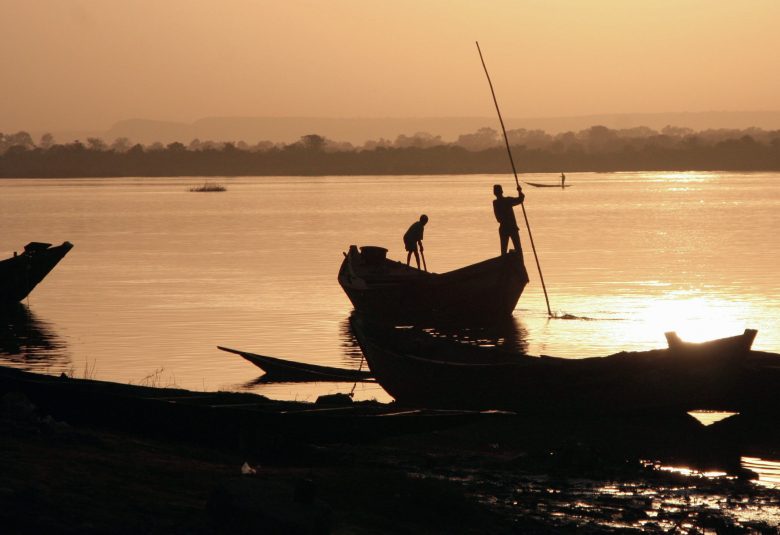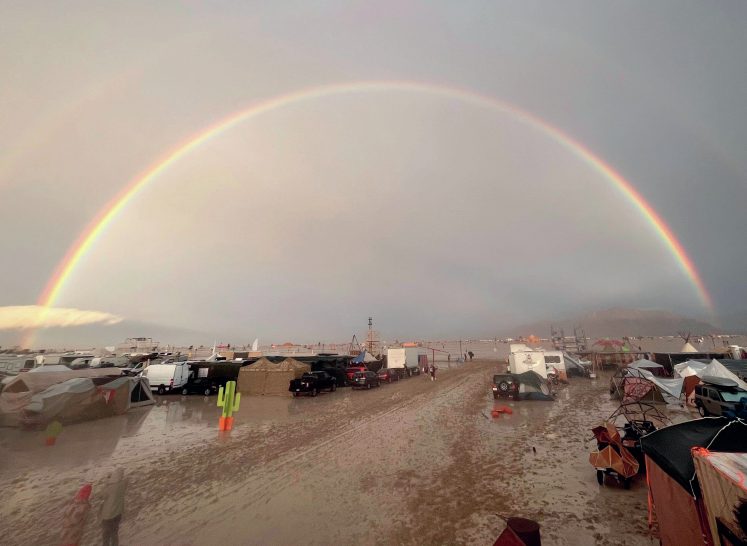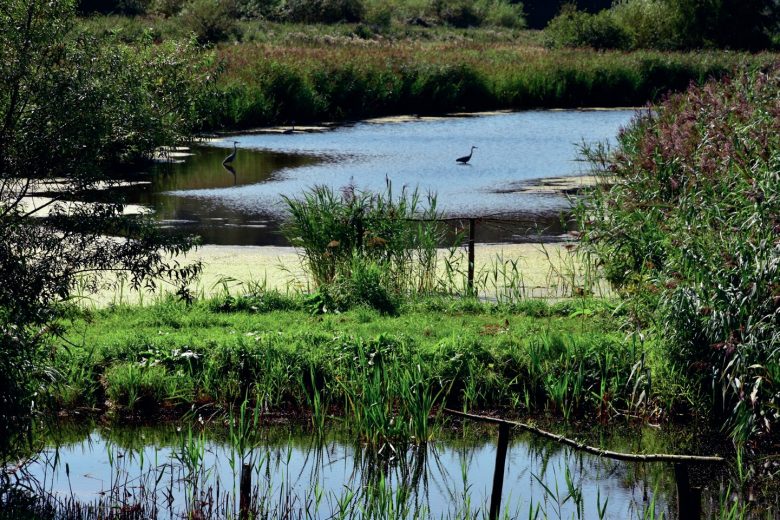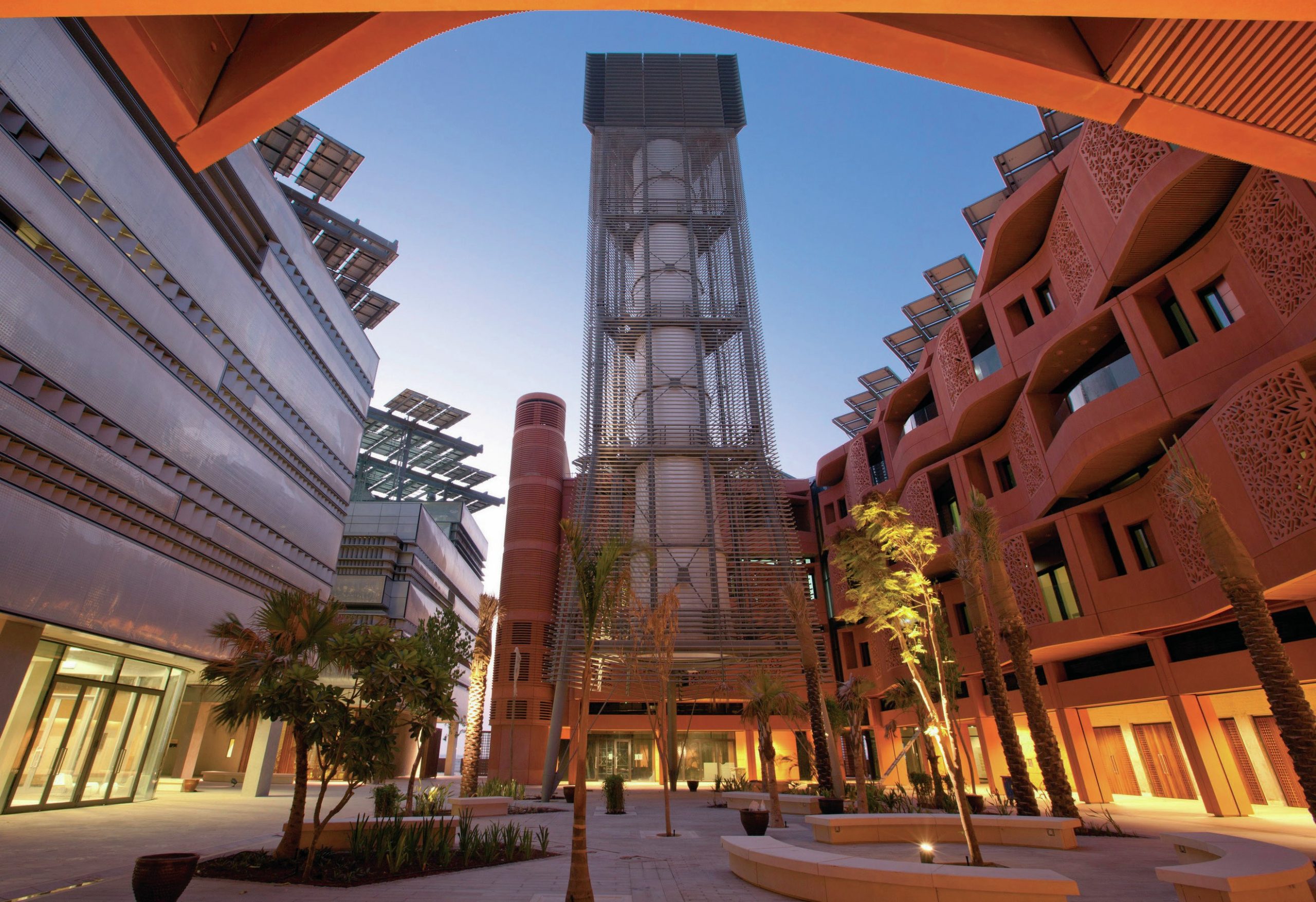
Abu Dhabi is the capital city of the United Arab Emirates (UAE) and the largest of the seven Emirates. The UAE has a population of 7.9 million, which has risen rapidly since the 1960s when oil was discovered, attracting many foreign workers. The city itself has a population of just under 1 million and the standard of living is high.
Abu Dhabi and the surrounding area has a hot, dry, desert climate with little rain and temperatures as high as 46°C in summer. To live in such a climate comfortably, people rely on modern technologies such as air conditioning, using large quantities of fresh water and efficient transport systems. Consequently there is a huge demand for energy. This means the country causes a lot of pollution and has one of the world’s largest carbon footprints.
Your organisation does not have access to this article.
Sign up today to give your students the edge they need to achieve their best grades with subject expertise
Subscribe

